Study of biodiversity–the wide variety of plants, animals and microscopic life of earth upon which depends the human existence is gaining importance all over the world especially after the discovery of some "miracle food and medicinal plants from the wild" and after the realization that several valuable species were getting extinct (permanently lost) from the face of the earth even without being discovered. Only next to the atomic war there is probably no more serious environmental threat to mankind today, than the continued decay of the genetic viability of our "crop plants". Global biodiversity was one of the key issues of debate at the Rio Earth Summit in 1992, which led to the formation of two distinct blocks of "biological powers" –the North nations rich in "biotechnology", and the South nations rich in "biodiversity". The book covers a wide range of issues on biodiversity–the strategies of conservation; the causes and consequences of erosion; the global biodiversity convention and the question of rights and access to the genetic resources; the role of indigenous communities of world in biodiversity conservation and prospecting and revelation of their usefulness to modern human society. Special feature of the book include the state of the crop genetic diversity and the wildlife diversity in the Indian sub-continent and their ecological status; the conservation of biodiversity through "faith and tradition" in India, and the unique biodiversity of the Thar desert ecosystem in India.
Ethnobiology: Role of Indigenous and Ethnic Societies in Biodiversity Conservation, Human Health Protection and Sustainable Development
Ethnobiology is a new ...
$51.30
$57.00

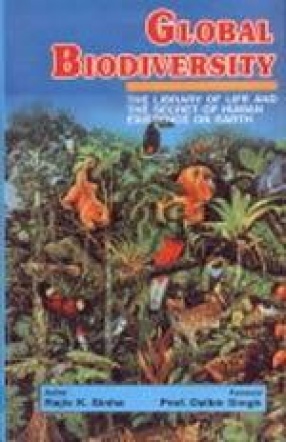
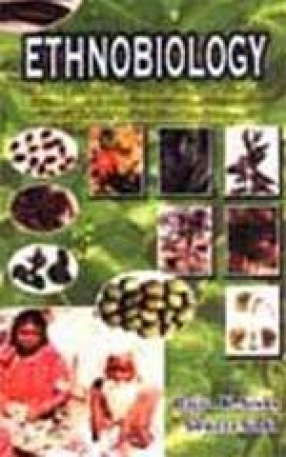

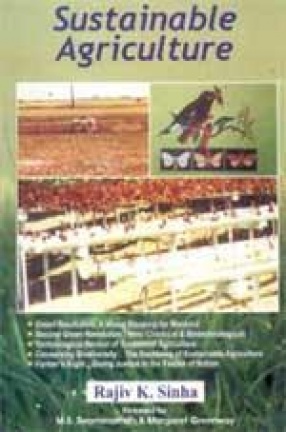
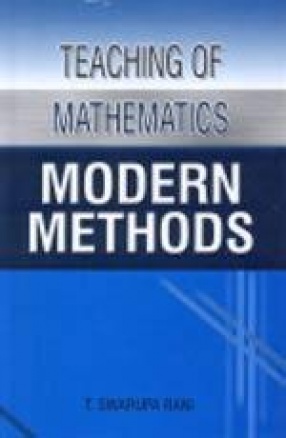
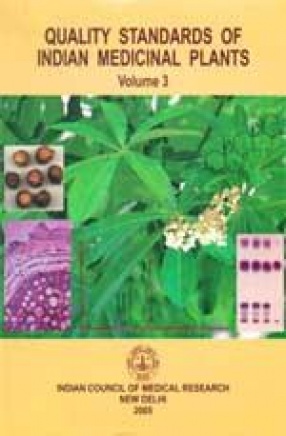
There are no reviews yet.